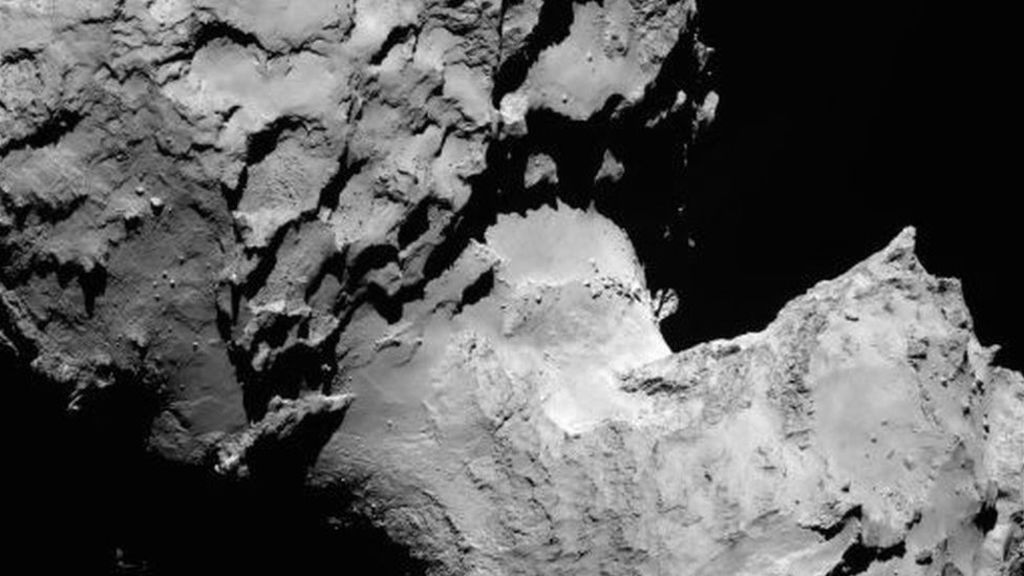
Rosetta
The Rosetta is a space probe launched by the European Space Agency in March 2004. Back in August 2014, the space probe was able to reach comet 67P and was able to land on it a month after – marking the first time we’ve ever landed on a comet. Yesterday, Rosetta announced that they have discovered molecular oxygen in the gas cloud surrounding the comet – which came as a surprise to the scientists as they initially thought that oxygen reacts with other elements as planets form. This new finding challenges our current ideas on how the solar system was formed.
Surprise Gas
Free oxygen was found to be the fourth most common gas around the comet, with the first three being water vapor, carbon monoxide, and carbon dioxide. The data was so surprising that the scientists had to go everything again to make sure it all checked out. Oxygen reacts very easily with other elements to form compounds, rather than stay in its unique form. The researchers suggest that oxygen must have been frozen very quickly and was trapped in clumps of material early on in the formation of the Solar System. Several theories about how the planets and comets formed around the Sun suggest a violent process that would have heated up the frozen oxygen – which would by then, have reacted with other elements. This new information contradicts that idea, and this indicates that the formation of the Solar System formation may have been calmer.